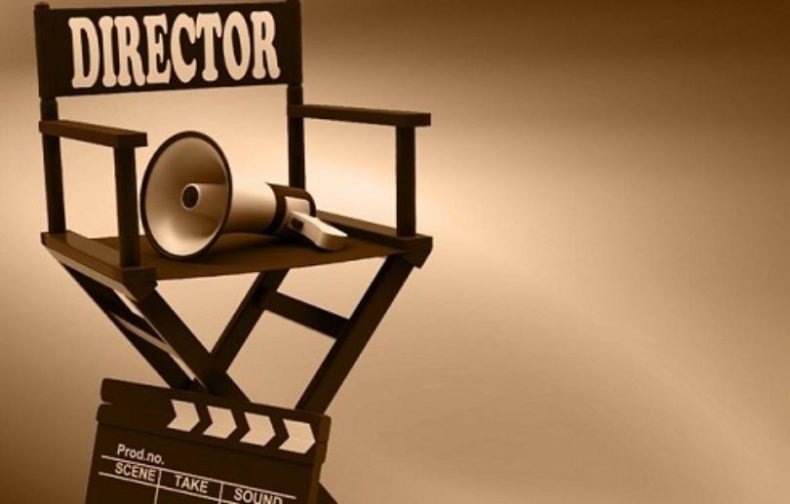I used to be the biggest mocker of filmmakers who write and direct their movies.
Actually, once upon a time if I saw your name more than once in the opening credits I assumed you had trust issues. In my head I would think the movie is already limited because of your trust issues, because you won’t allow yourself to receive help.
You see I was a firm believer that a person can only be GREAT at one thing and if you diversify too much you can only ever be GOOD at all those things together, but never great at each one of them. In order to attain greatness, you must focus on one thing only so if you are going to write then write, if you are going to direct then direct, if you are going to act then act. Don’t be a one man show.
To a certain extent I still believe that completely. I still believe that a person can only be great at one thing at a time. However, as far as film making goes directing and writing, in my head, is appearing less and less like two distinct entities and instead as different lenses of the same thing.
So for those who don’t live and breathe movies, here’s what role each of these people perform:
- A writer is usually the mother of a story.
- The director presents it to the world
- A producer provides the resources to take it from paper to screen.
The writer births it, creates it, sets it up and fills in all the details. It is unavoidable that a writer already has a vision of what the story looks like in their head. They have an idea of the size of the main character’s potbelly. They have an idea of the location of the windows in each particular set. They know exactly how they want the wind to come in, exactly what angle the character feels it at and in exactly what manner the character to responds to it. They try hard to put all this on paper in the screenplay but some fine details will unavoidably be lost. Some textures are hard to convey.
This is why in the perfect ideal situation – you know that one where there’s an abundance of financing, and money can be plucked from trees, and yet you are still allowed artistic license without having to cater to the mainstream desires of your bigwig financers… Yup! That imaginary world – a writer would be the director and producer as well.
This is because who knows more about what you need to create what you have imagined? Who else knows what you imagine the air to feel like in a certain scene? Who knows the moments of your film where silence is a character on set? Who else completely understands the role of that one painting in the background? Many things can be written down but this is the writers story and he/she knows it best.
Recently I’ve been seeing a lot of movies where the stories go to waste. I say this because you can tell that the writer had great intentions and had a strong vision but they did not direct it and the vision got lost somewhere in there. This is the reason why foreign greats like Quentin Tarantino, Mani Ratnam and even some of our own greats like Shirley Frimpong-Manso, Leila Djansi, Tchidi Chikere, Jeta Amata and many others write and direct (and sometimes, also produce) their own movies.
It’s more work most times and involves a lot of stretching on the individual, but if you don’t want your movie to loose its vision, you direct it and follow through all the way to editing!









This is what I used to think but now, I’m changing my perspective. Lovely article.
Hey Ada! What did you used to think: that it’s best if writers direct? Or like me that you can only be great at one thing at once so stick to one?